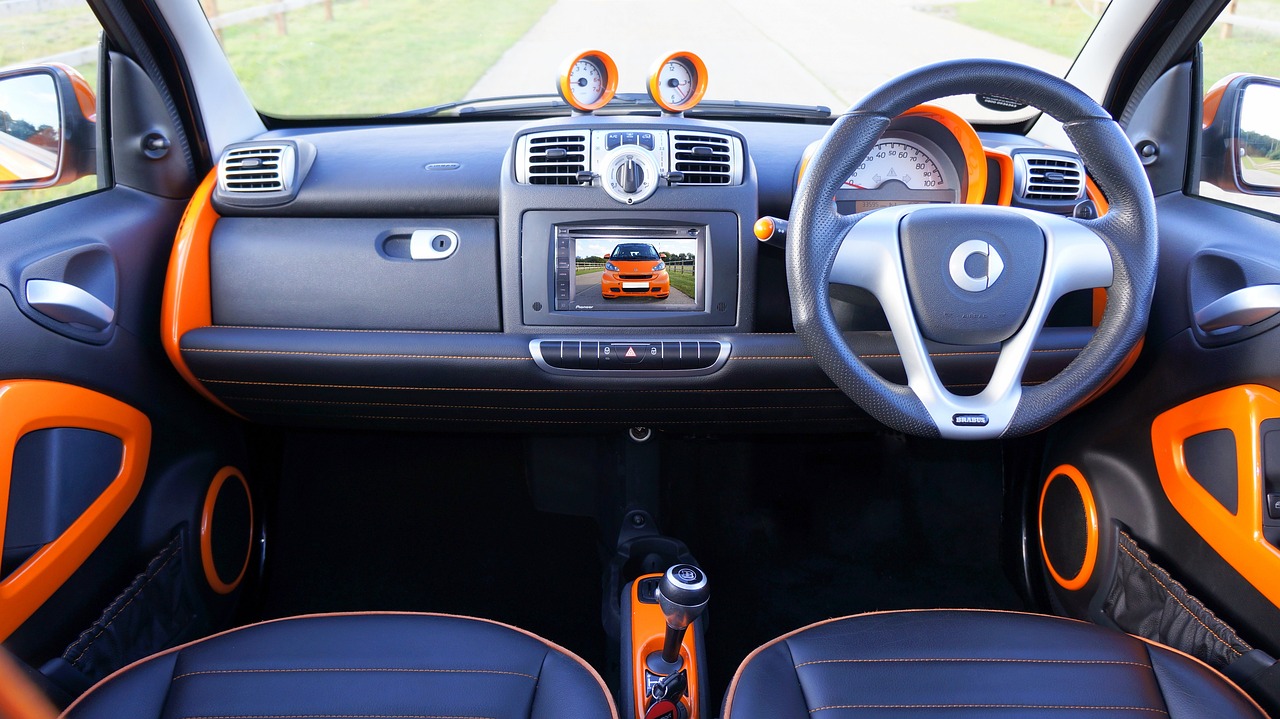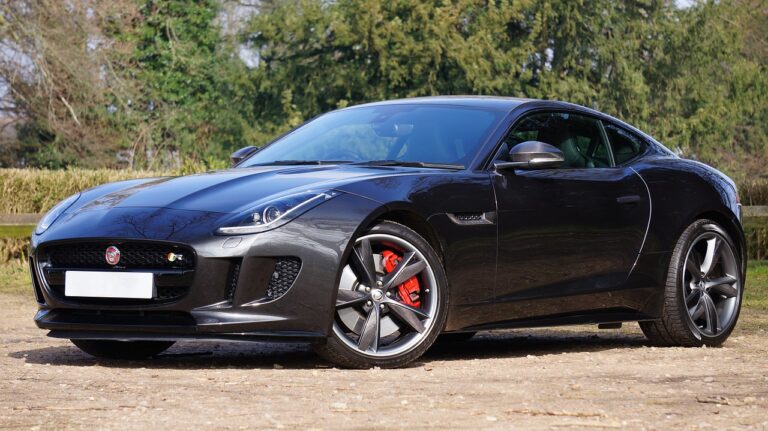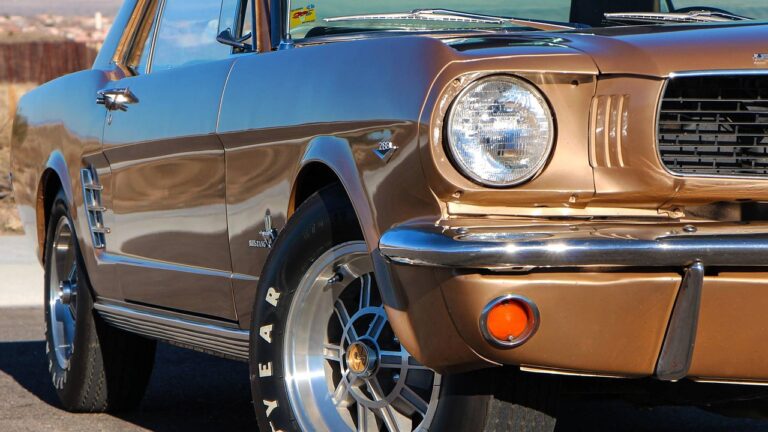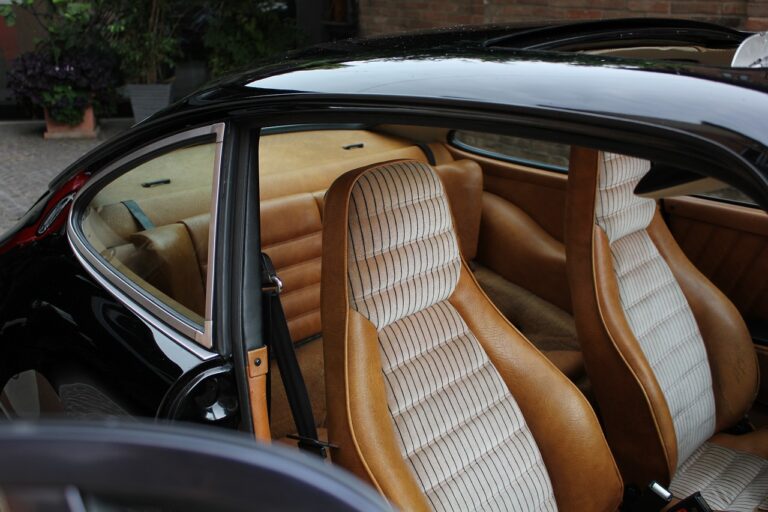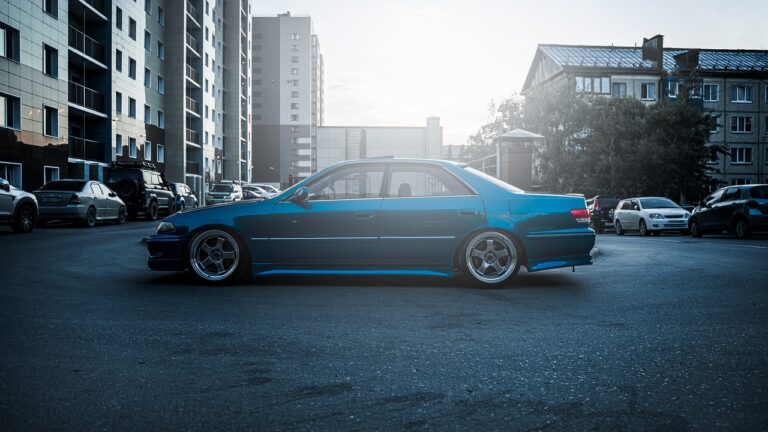Addressing Challenges in Suspension System Manufacturing for Electric Cargo Vans
sky247 login, 11x play, play99exch com login password:Manufacturing suspension systems for electric cargo vans presents unique challenges that require innovative solutions to ensure optimal performance and safety. As the demand for eco-friendly vehicles continues to rise, manufacturers must address these challenges to meet the needs of commercial fleets and individuals looking for efficient transport solutions.
In this article, we will explore the key challenges that manufacturers face when producing suspension systems for electric cargo vans and discuss strategies to overcome them. From weight distribution issues to maximizing energy efficiency, there are several factors to consider in the design and production of suspension systems for electric vehicles. Let’s delve into the intricacies of this critical component of electric cargo vans.
1. Weight Distribution: One of the primary challenges in manufacturing suspension systems for electric cargo vans is the distribution of weight. Electric vehicles typically have heavy battery packs that can impact the overall weight distribution of the vehicle. This uneven weight distribution can affect the performance of the suspension system, leading to issues such as handling instability and increased wear and tear on components.
To address this challenge, manufacturers must design suspension systems that can accommodate the unique weight distribution of electric cargo vans. This may involve incorporating adjustable components or advanced materials to ensure optimal performance under varying load conditions.
2. Energy Efficiency: Another key challenge in suspension system manufacturing for electric cargo vans is maximizing energy efficiency. Electric vehicles rely on battery power to operate, making it essential to minimize energy consumption wherever possible. Suspension systems play a critical role in the overall energy efficiency of the vehicle, as they can impact factors such as rolling resistance and aerodynamics.
To enhance energy efficiency, manufacturers may need to explore innovative designs and materials that reduce friction and improve overall performance. By optimizing the suspension system for minimal energy consumption, electric cargo vans can achieve greater range and efficiency on the road.
3. Durability and Reliability: Electric cargo vans are often used for commercial purposes, requiring suspension systems that can withstand heavy loads and rigorous daily use. Durability and reliability are essential considerations in the manufacturing process to ensure that suspension systems can meet the demands of commercial applications.
To address this challenge, manufacturers may need to conduct extensive testing and simulations to assess the durability of suspension components under varying conditions. By prioritizing durability and reliability in the design and production of suspension systems, manufacturers can deliver products that meet the needs of commercial fleets and ensure long-term performance.
4. Regenerative Braking: Regenerative braking is a common feature in electric vehicles that can pose unique challenges for suspension system manufacturing. Regenerative braking systems capture energy during deceleration and store it in the battery for later use, improving overall energy efficiency. However, regenerative braking can also impact the dynamics of the suspension system, requiring specialized components to accommodate this feature.
Manufacturers must consider the impact of regenerative braking on suspension performance and design systems that can effectively handle the additional forces generated during braking. By integrating regenerative braking technology into the suspension system design, manufacturers can maximize energy efficiency without compromising performance.
5. Cost-Effectiveness: As with any manufacturing process, cost-effectiveness is a critical consideration when producing suspension systems for electric cargo vans. Balancing cost constraints with the need for high-quality components can be a challenging task for manufacturers looking to meet market demands while maintaining profitability.
To address this challenge, manufacturers may need to explore cost-effective materials and production techniques that do not compromise performance or durability. By optimizing the manufacturing process and sourcing components efficiently, manufacturers can produce suspension systems that are both affordable and high-quality.
6. Integration with Vehicle Dynamics: Electric cargo vans require suspension systems that are seamlessly integrated with the vehicle’s dynamics to deliver optimal performance and handling. The suspension system plays a crucial role in ensuring stability, comfort, and control, making it essential to design components that complement the overall vehicle design.
Manufacturers must consider the dynamics of the vehicle when developing suspension systems, taking into account factors such as weight distribution, aerodynamics, and driving conditions. By engineering suspension systems that are tailored to the specific requirements of electric cargo vans, manufacturers can enhance the overall driving experience and performance of these vehicles.
In conclusion, addressing challenges in suspension system manufacturing for electric cargo vans requires a comprehensive understanding of the unique requirements of electric vehicles. By focusing on weight distribution, energy efficiency, durability, regenerative braking, cost-effectiveness, and integration with vehicle dynamics, manufacturers can develop innovative solutions that meet the needs of commercial fleets and individuals seeking eco-friendly transport options.
FAQs:
Q: How do suspension systems impact the performance of electric cargo vans?
A: Suspension systems play a critical role in the overall performance of electric cargo vans, affecting factors such as handling, stability, energy efficiency, and durability. Optimal suspension design is essential to ensure a smooth and safe driving experience for both commercial fleets and individual drivers.
Q: What are some innovative materials used in manufacturing suspension systems for electric cargo vans?
A: Manufacturers may utilize advanced materials such as lightweight alloys, composite materials, and carbon fiber to enhance the performance and efficiency of suspension systems for electric vehicles. These materials offer high strength-to-weight ratios, improved durability, and reduced energy consumption compared to traditional materials.
Q: How can manufacturers optimize suspension systems for regenerative braking in electric cargo vans?
A: To accommodate regenerative braking in electric cargo vans, manufacturers can design suspension systems with shock absorbers or springs that can capture and distribute energy efficiently during deceleration. By integrating regenerative braking technology into the suspension system design, manufacturers can maximize energy efficiency without compromising performance.
Q: What role does weight distribution play in the design of suspension systems for electric cargo vans?
A: Weight distribution is a critical factor in the design of suspension systems for electric cargo vans, as uneven weight distribution can impact handling, stability, and overall performance. Manufacturers must develop suspension systems that can accommodate the unique weight distribution of electric vehicles, ensuring optimal performance under varying load conditions.
Q: How can manufacturers balance cost-effectiveness with high-quality components in suspension system manufacturing for electric cargo vans?
A: Balancing cost-effectiveness with high-quality components is a key challenge for manufacturers producing suspension systems for electric cargo vans. By optimizing the manufacturing process, sourcing materials efficiently, and exploring cost-effective designs, manufacturers can deliver affordable suspension systems without compromising performance or durability.

